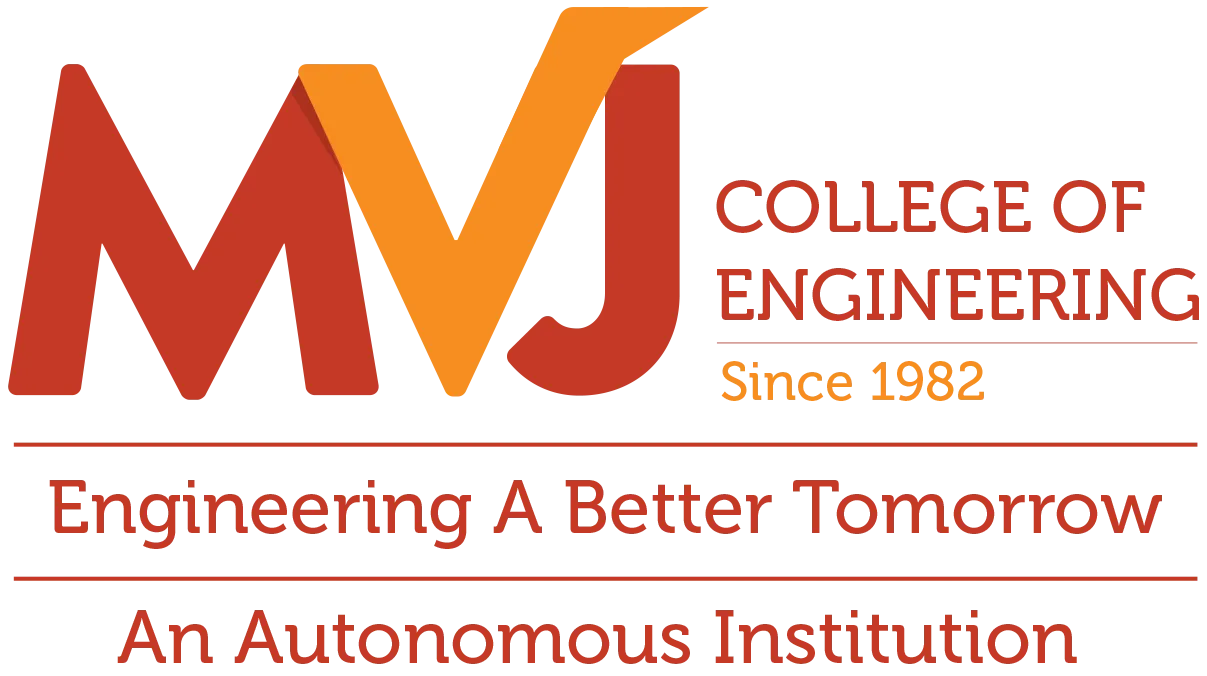Engineering in data science is booming because it’s a field that combines the technical expertise of an engineer with the data-driven insights of a scientist. It’s an exciting field to be in because it allows you to apply your technical skills to solve problems that require insight into human behaviour, which is something that can’t always be solved by pure logic or mathematics alone. Read the blog for Data science engineering colleges in Bangalore. Data science isn’t just about crunching numbers—it’s about understanding people and making systems work for them. It’s about designing products and services so that they’re easy for people to use. Engineers specialising in data science need a deep knowledge of design and engineering principles. This blog will look at what makes a good data scientist and how you can use your engineering skills to get started in this exciting new field!
What Are The Factors Driving The Growth Of Engineering In Data Science?
- Growth of Data Science
The proliferation of data science is one of the most important factors driving the growth of data science engineering colleges in Bangalore and the field itself. The main reason is that data science requires access to large amounts of data and powerful computing resources, which are becoming more readily available. Data scientists can now use machine learning algorithms to process the vast amounts of data collected by modern technologies, including mobile devices, social networks, and sensors. - Rise of AI
Another factor driving the growth in engineering in data science is the advancement of Artificial Intelligence (AI). AI involves applying computer science techniques to solve problems involving large amounts of data. The need for powerful computers and software has increased dramatically with the development of AI technology and other advanced technologies, such as driverless cars or drones that rely on sensors to collect data about their surroundings - Need for Data Science Engineers
Engineering itself is a field with a lot of growth potential, and data science is no exception. The need for engineers in the field has increased as companies seek ways to collect, store, and analyse large amounts of data. Companies such as Google and Facebook have been using machine learning algorithms to improve their products, and they need engineers who can implement them effectively. - Improved Tools for Data Scientists
Data science engineering colleges in Bangalore must have the right tools to use the massive amount of data collected by companies worldwide. New tools that make it easier for data scientists to do their jobs effectively. This means that more people can get into this field because they don’t have to invest in expensive hardware or software unless they want something more advanced than what comes as standard with their current software package (e.g., Python). - Advanced Open-Source Technologies
Open-source technologies have made it easier for companies to build a data science team. Open-source technologies are sophisticated software packages available for free or at a fraction of the cost of proprietary software. Companies and data science engineering colleges in Bangalore can use these technologies to build customized solutions without hiring expensive developers. Major product-based companies have also released open-source tools that make it easy for companies to build their machine-learning models and algorithms. These tools allow companies to create customized solutions without having to hire expensive developers, as well. Final Word Data science is an emerging field that has the potential to impact almost every aspect of our lives. It is a very versatile field, and you can apply your knowledge in various areas such as business, marketing, healthcare, education, and even politics.
At MVJ College of Engineering, we offer an excellent data science course in our data science engineering colleges in Bangalore with practical training to help you become an expert in this field. Our course covers all the important aspects of data science, including statistics and probability, machine learning techniques, data visualisation techniques, data mining techniques, and advanced concepts like artificial intelligence and natural language processing.

